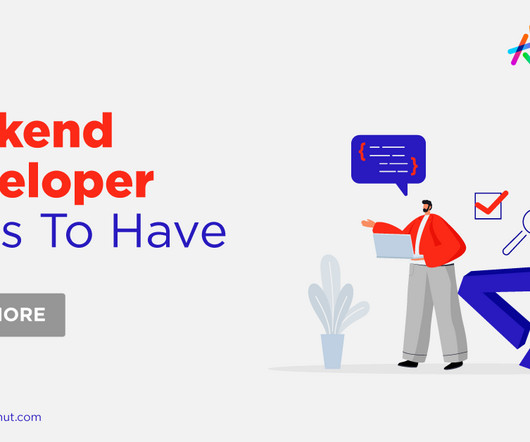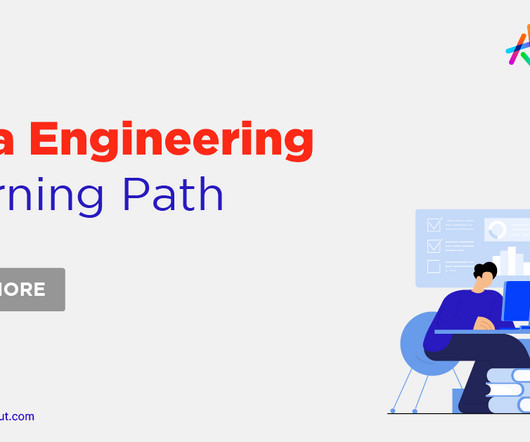How To Choose Right AWS Databases for Your Needs
ProjectPro
JUNE 6, 2025
Non-Relational Databases or NoSQL Databases Non-relational or NoSQL databases offer a flexible alternative to traditional relational databases, accommodating diverse data types and volumes. The project uses Scala and Python to create a real-time Spark streaming pipeline on AWS.






















Let's personalize your content